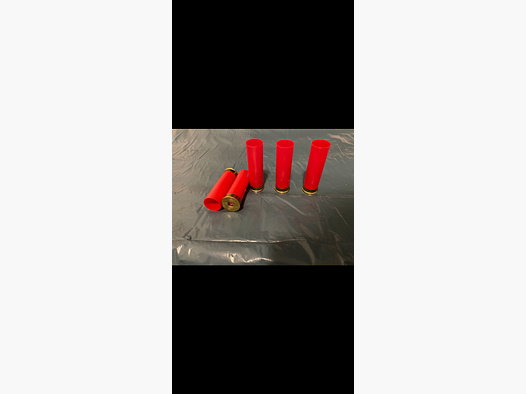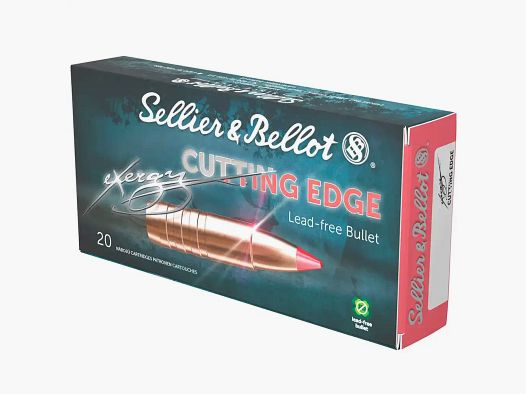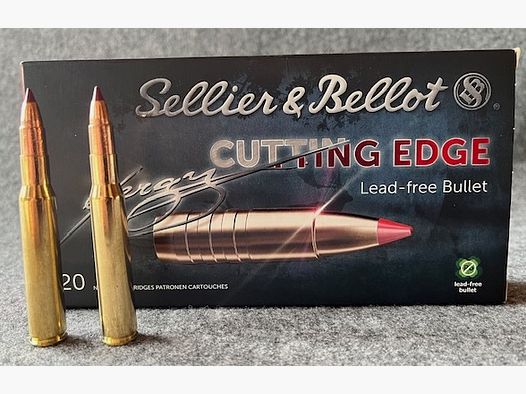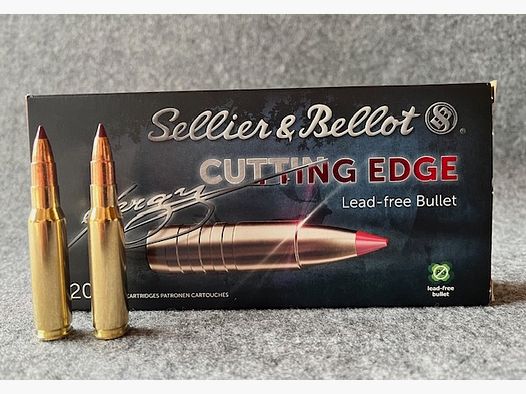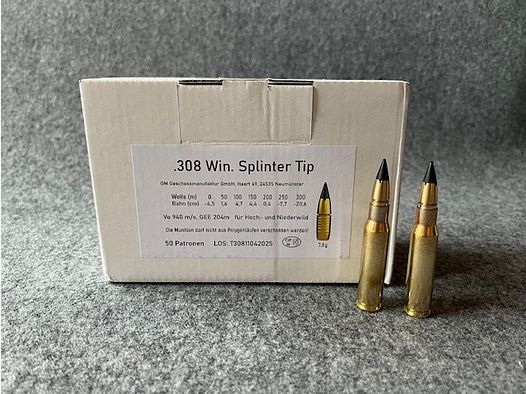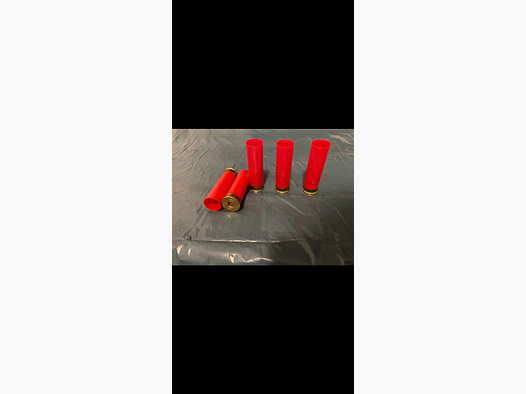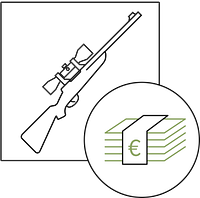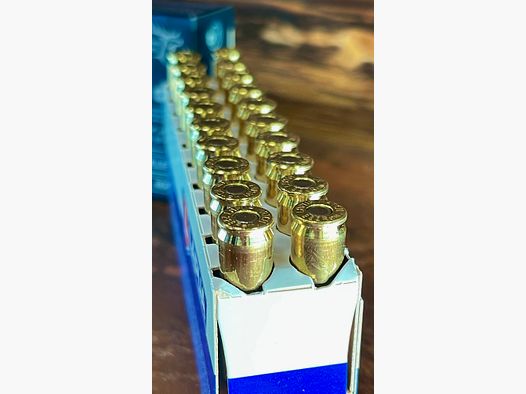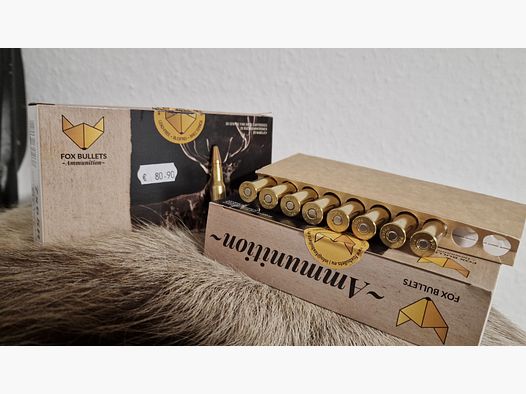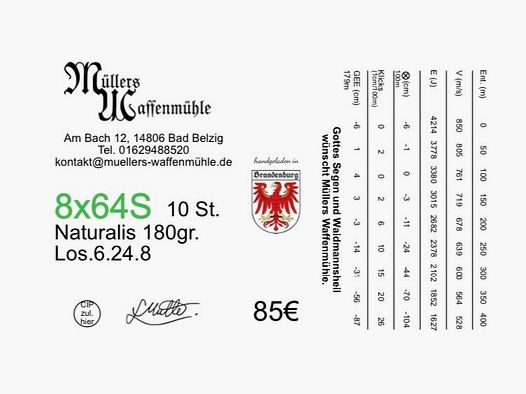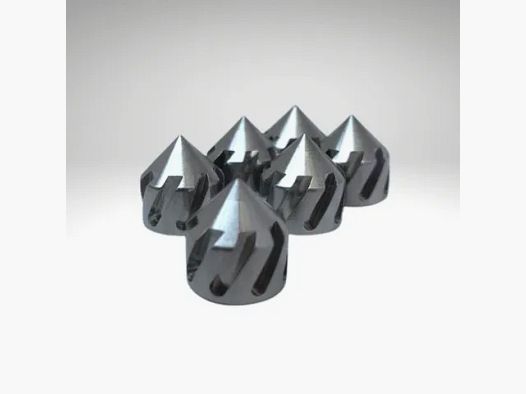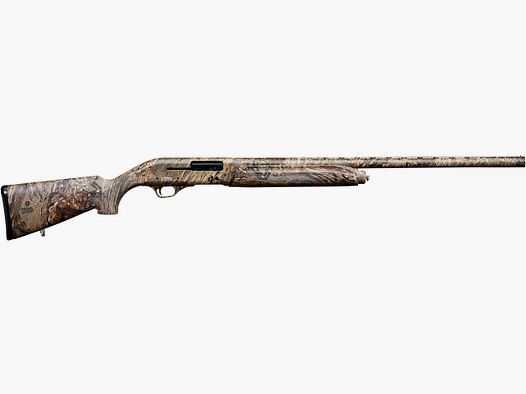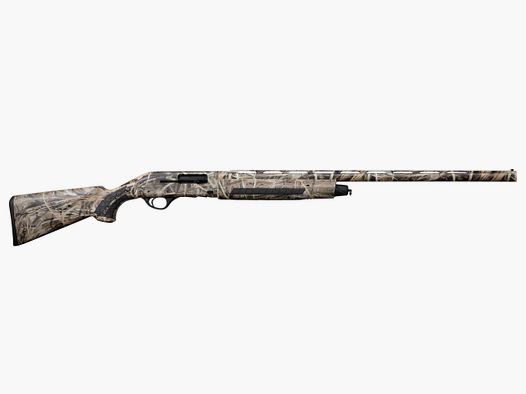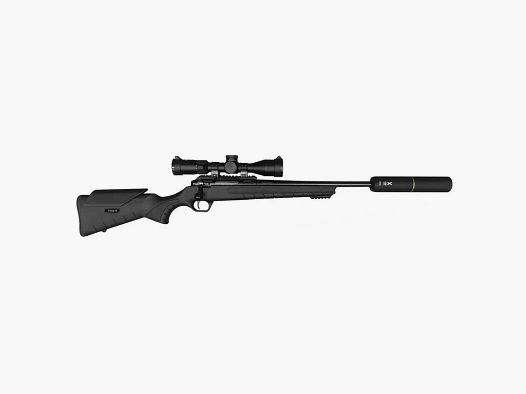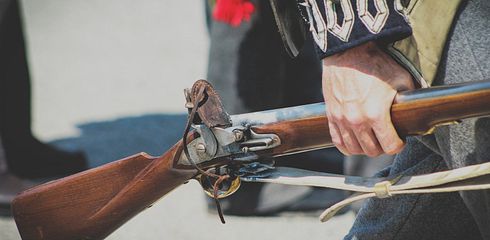The European Union (EU) is planning a comprehensive ban on lead ammunition in shooting sports and hunting. This proposal, supported by the European Chemicals Agency (ECHA), aims to promote environmental protection and human health by restricting the use of lead. However, the impacts – for shooters, hunters, and the entire industry – could be drastic. New studies and professional organizations such as the European Shooting Sports Forum (ESSF) and the Association of European Manufacturers of Sporting Ammunition (AFEMS) warn of far-reaching consequences that could threaten the survival of shooting sports opportunities in Europe.
Background: What does the lead ban entail?
The lead ban aims to significantly restrict the sale and use of lead-containing ammunition in hunting and at shooting ranges. Planned transition periods of between 18 months and five years are intended to provide time to switch to alternative materials, and exceptions for certain types of shooting ranges are foreseen, which, however, impose high requirements for risk management measures. The ECHA proposal distinguishes between centerfire and rimfire ammunition and sets stricter requirements for hunting ammunition than for use in shooting sports. However, the planned restrictions would not apply to military and police facilities, which could lead to an asymmetric regulatory landscape.
Critical assessment of costs and infrastructure requirements
The ECHA estimates that the necessary retrofitting measures for shooting ranges in the EU will cost around 1.094 billion euros. However, the ESSF, which has conducted independent studies on this, sharply contradicts this assumption. The actual costs for upgrading shooting ranges with lead capture systems and water management systems could amount to up to 6.2 billion euros – a sum that would drive many shooting range operators into financial ruin. Less than 6% of shooting ranges outside of Germany, Luxembourg, and the Netherlands currently meet the requirements set by the ECHA for the continued use of lead ammunition.
Threat to shooting sports and hunting traditions in Europe
The proposed ban could lead to up to 20,000 shooting ranges in the EU having to cease operations. This would not only be a severe loss for sports shooters and hunters but would also threaten a centuries-old tradition that holds social and cultural significance in many countries. Particularly, the diversity of European shooting sports and hunting, which includes disciplines from archery to large caliber, would be severely affected. Additionally, a loss of regional shooting ranges could lead to a significant decline in the training of new hunters and sports shooters who rely on this infrastructure in the long term.
Possible alternatives and industry lobbying
AFEMS and other interest groups have already proposed alternative risk management measures. These include special lead capture systems and improved labeling requirements that could reduce lead exposure without unnecessarily burdening the shooting sports industry. These proposals aim to find a balance between environmental and health protection and the survival of shooting sports. Nevertheless, the future remains uncertain: while lobbying could influence the shaping of the regulation, the EU Commission seems determined to implement the lead ban quickly.
The future of shooting sports in Europe
The proposed lead ban poses a significant challenge for hunters, sports shooters, and the associated industry. While the health and ecological arguments for reducing lead are understandable, there is a lack of realistic solutions that reconcile the EU's requirements with the practical needs of shooting sports and hunting. The future of shooting sports in Europe could depend crucially on the upcoming decision – and on the question of how much attention decision-makers will pay to the warnings of experts.
This article refers to the analyses and contributions of the ESSF and other organizations, as well as current studies on the economic and infrastructural impacts of the lead ban. It shows that without flexible and well-thought-out regulations, the ban on lead ammunition could have devastating consequences for the European shooting sports community.



